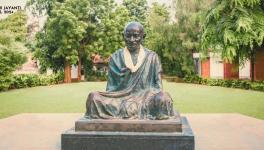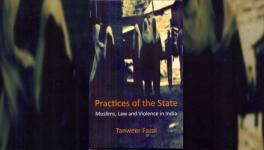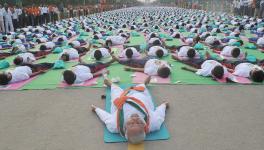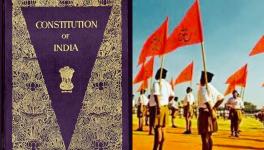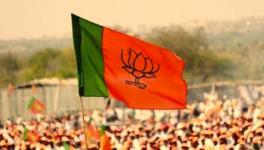Gandhi’s Role in Ending Calcutta Riots to be Remembered on August 13
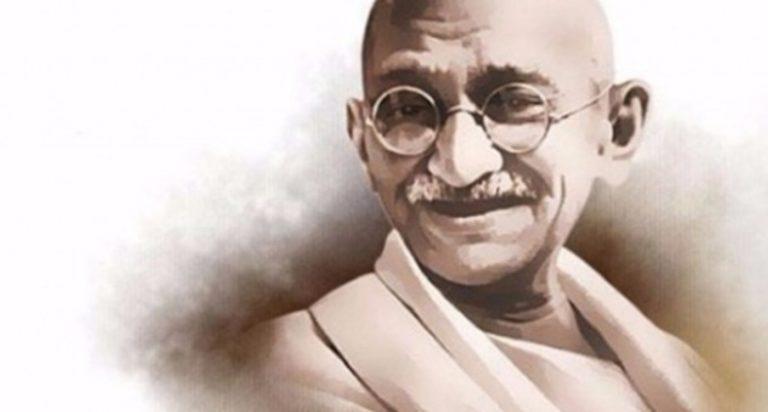
File Image
Kolkata: On Independence Day, Mahatma Gandhi was not in New Delhi. Instead, he was busy attending all-faith meetings in a dilapidated house called Hyderi Manzil, in central Kolkata’s [then Calcutta] Beliaghata neighbourhood. He had arrived in the city on August 13 following the communal riots ahead of the Partition.
To commemorate the day of Gandhi’s arrival, the All India Peace and Solidarity Organisation will take out a procession in Beliaghata on August 13.
Two meetings which will be attended by intellectuals such as former Supreme Court Judge Asok Kumar Ganguly, former Jadavpur University V-C Ashoknath Basu, former PAC chairman and IAS officer Sukhbilas Barma, among others will also be held.
AIPSO general secretary professor Anjan Bera hailed the exemplary role played by Gandhi in handling the riots. “Huseyn Shaheed Suhrawardy, the then-Prime Minister of undivided Bengal, was also residing with him in the house, later renamed Gandhi Bhawan,” he told Newsclick.
“Gandhi chose to stay in a Muslim-dominated area to strengthen the community. Hardcore Hindutva proponents did not favour his stay there and even tried to obstruct his work. However, the common people of Beliaghata supported Gandhi,” he added.
Gandhi held “more than 25 meetings within seven days in Barrackpore, Kanchrapara, Barasat, Tollygunge, Alipore, Jadavpur and Howrah Maidan area with Beliaghata as the epicentre to spread the message of unity and amity”, Bera said.
Gandhi also held meetings at the Victoria Nursery Grounds, Kolkata University’s Science College and Mohammedan Sporting Club, according to Bera.
Reminding people who will attend the procession and the meetings, Bera said Gandhi embarked upon a fast until death at Hyderi Manzil on September 1 which lasted for 73 hours.
“His appeal brought the communal violence to an end. Before leaving for New Delhi on September 7, he said that Hyderi Mazil would be his permanent address. However, he could never return as Hindutva forces assassinated him on January 30, 1948,” recalled Bera.
Bera stressed the need to remember that India’s freedom was accompanied by a riotous partition. “The motto of India’s freedom has been reflected in the Constitution. Sadly, Gandhi’s place is restricted to currency notes while the Central and state governments rarely obey the Constitution,” he said.
On the government’s policy, Bera said, “The government has adopted the bulldozer policy while the hijab case is pending in the Supreme Court. Everybody has the right to wear what they deem proper but the current regime denies it. Now is the time to protest and resist.”
Get the latest reports & analysis with people's perspective on Protests, movements & deep analytical videos, discussions of the current affairs in your Telegram app. Subscribe to NewsClick's Telegram channel & get Real-Time updates on stories, as they get published on our website.











